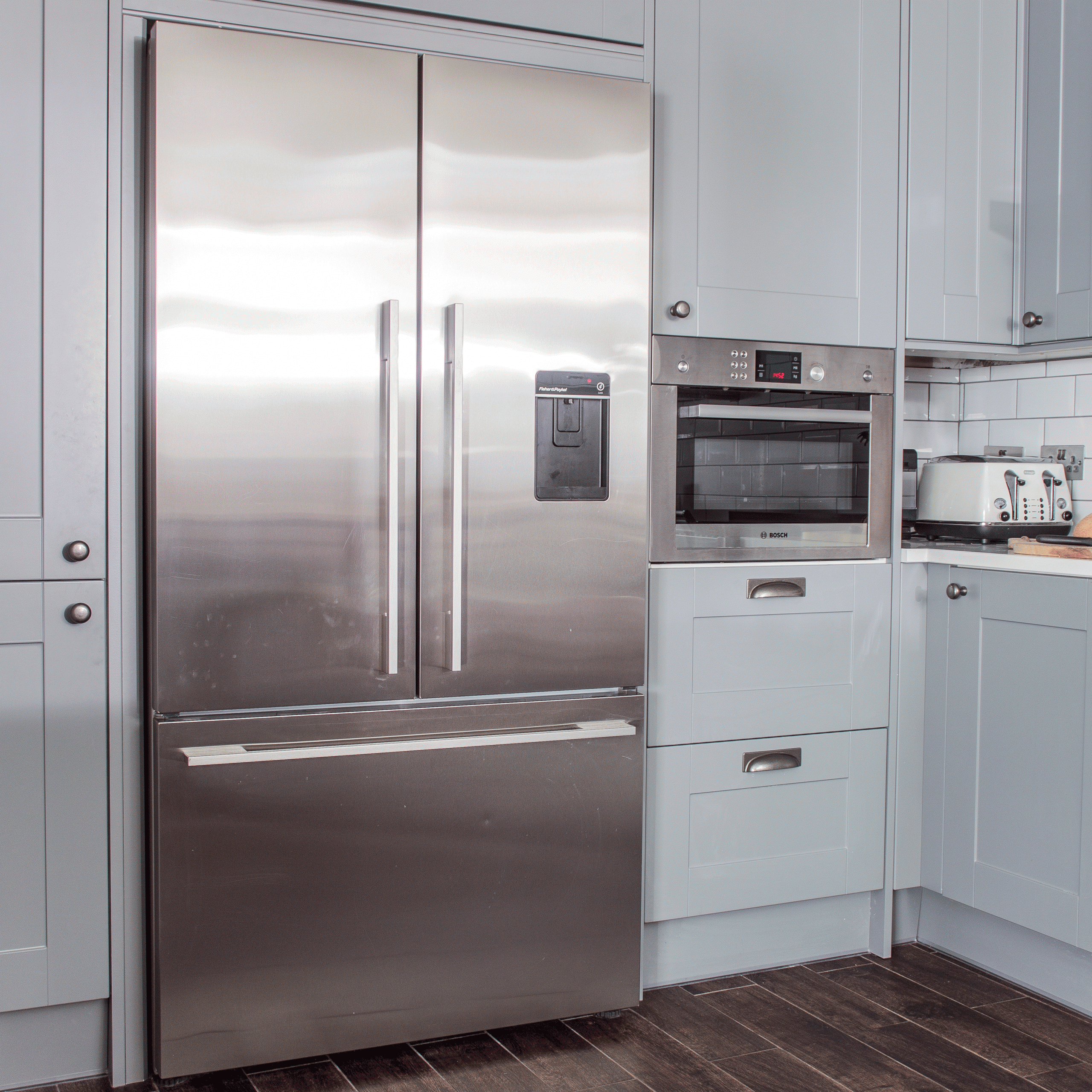New ‘right to repair’ law could extend your washing machine’s lifespan by 10 years
The new law will be introduced this summer - here's what it means for you

The UK government plans to introduce a new ‘right to repair’ law this summer. This should mean that household items such as washing machines, fridges and televisions will work for longer.
Related: How to clean a smelly washing machine – banish mould, bad odours and residues
It will become a legal requirement for white goods manufacturers to sell spare parts so that more items can be repaired at home.
What is the 'right to repair' law?
The new rule will help to encourage customers to fix their faulty items themselves, rather than simply buying a replacement. The 'right to repair' law is good news for anyone who has experienced the cost and inconvenience of replacing a fridge or washing machine because it's stopped working. If the rate at which people need to repurchase these goods slows down, it will reduce carbon emissions, as well as saving customers money.

The new law is expected to extend the lifespan of products by up to 10 years. So although some of the items in our kitchens and living rooms have to be replaced eventually once they're beyond repair, this can be held off for longer.
‘Our plans to tighten product standards will ensure more electrical goods can be fixed rather than thrown on the scrap heap - putting more money back in the pockets of consumers whilst protecting the environment,’ says Kwasi Kwarteng, business and energy secretary.

Items that the new 'right to repair' law will apply to
Washing machines
Get the Ideal Home Newsletter
Sign up to our newsletter for style and decor inspiration, house makeovers, project advice and more.
Fridges
Dishwashers
Electronic displays (including televisions)
Light sources and separate control gears
External power suppliers
Electric motors
Refrigerators with a direct sales function (e.g. fridges in supermarkets, vending machines for cold drinks)
Power transformers
Welding equipment

In the UK, we dispose of 1.5 million tonnes of electrical waste every year, so tougher rules against built-in obsolescence will help cut the number of items we end up throwing away.
Related: IKEA is offering to buy back customers unwanted furniture
New energy efficiency requirements are also being drawn up for appliances, reducing the cost of household bills by an average of £75 each year. 'Our upcoming energy efficiency framework will push electrical products to use even less energy and material resources, saving people money on their bills and reducing carbon emissions,' Kwasi Kwarteng adds.

Millie Hurst was Senior Content Editor at Ideal Home from 2020-2022, and is now Section Editor at Homes & Gardens. Before stepping into the world of interiors, she worked as a Senior SEO Editor for News UK in both London and New York. You can usually find her looking up trending terms and finding real-life budget makeovers our readers love. Millie came up with the website's daily dupes article which gives readers ways to curate a stylish home for less.
-
 5 rules for organised corner cabinets in a small kitchen – expert-backed strategies will help keep corner cabinets tidy and functional
5 rules for organised corner cabinets in a small kitchen – expert-backed strategies will help keep corner cabinets tidy and functionalNever lose anything to the back of the cupboard again
By Linda Clayton
-
 Wisteria umbrellas are this spring's breakout garden trend – not only are they perfect for small spaces, but they're easier to maintain, too
Wisteria umbrellas are this spring's breakout garden trend – not only are they perfect for small spaces, but they're easier to maintain, tooI spoke to the National Trust to find out why
By Sophie King
-
 Aldi’s cult Kamado BBQ is returning to stores and it's £100 cheaper than last time
Aldi’s cult Kamado BBQ is returning to stores and it's £100 cheaper than last timeThis budget BBQ is only a fraction of the price of this celebrity favourite
By Kezia Reynolds